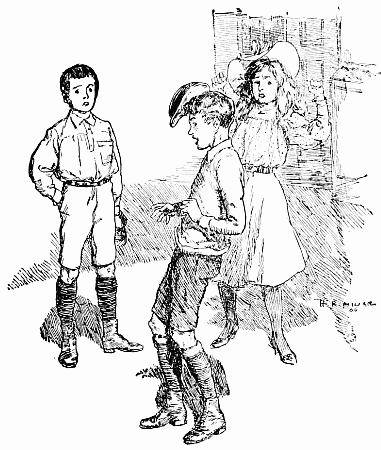Read our 2019 update here.
Stop right there.
When it comes to speech, be wary of words like “should”. Sure, we have lots of validated ways of measuring whether a child’s speech is impaired, and there are reams of research papers analysing things like the typical order of consonant acquisition or the age at which kids usually get rid of some of the most common types of speech errors (e.g. like “wabbit” or saying “tar” for “car”).
But kids develop differently. Despite appearances, they’re not robots achieving new skills on schedule by software update. There’s a wide range of “normal”, and a standardised assessment alone often won’t give you the most important information: whether and how your child’s speech problems are affecting his or her participation in day-to-day life activities. I’ve seen confident kids with severe speech impairments who find ways to work around them; and kids with very minor problems bullied savagely for the way they speak.
With all that said, why don’t I just answer the question?
1. In 1993, a famous researcher by the name of Shriberg published an important paper, dividing the 24 consonants in English into three groups:
- the early eight: m, b, y, n, w, d, p and h;
- the middle eight: t, ng, k, g, f, v, ch, and j; and
- the late 8: sh, th (as in “bath”), th (as in “bathe”), s, z, l, r and shz (as in “vision”).
This is a helpful framework for detecting patterns of speech problems, but it’s just a framework.
2. Kilminster and Laird all the way back in 1978 reported that 75% of children they tested acquired:
- m, n, w, b, p, g, k, h, y, d, t by 3 years of age;
- s, z, l, sh, f, h and ch by 4 1/2 years of age; and
- r, v, th, and blends of two sounds (e.g. tr, pl and sl) by 8 1/2 years of age.
3. In the sample of children tested to support the norms for the Diagnostic Evaluation of Articulation and Phonology (Dodd and colleagues, 2002), 75% of the children in the sample acquired:
- p, b, t, d, k, g, m, n, ng, f, v, s, z, shz (as in “vision”), h, ch, j, w, l and y, by 3 1/2 years of age;
- sh by 3 years 11 months;
- th (as in “bathe”) by 4 years 11 months;
- r by 5 years 5 months; and
- the (as in “bath”) by 6 years and 5 months.
Now, your eagle eyes will have no doubt noticed that the information I’ve listed in points 1, 2 and 3 is not consistent, despite all being based on robust research evidence.
Which is exactly my point.
If you are worried about your child’s speech – particularly if it’s affecting his or her quality of life – get it checked out by a speech pathologist.
Image: E. Nesbit, The Enchanted Castle http://tinyurl.com/me2pt97
Related articles:
- Important update: In what order and at what age should my child learn to say his/her consonants? FAQ
- 10 common speech error patterns of 3-5 year olds – and when you should be concerned

Hi there, I’m David Kinnane.
Principal Speech Pathologist, Banter Speech & Language
Our talented team of certified practising speech pathologists provide unhurried, personalised and evidence-based speech pathology care to children and adults in the Inner West of Sydney and beyond, both in our clinic and via telehealth.


Leave a Reply